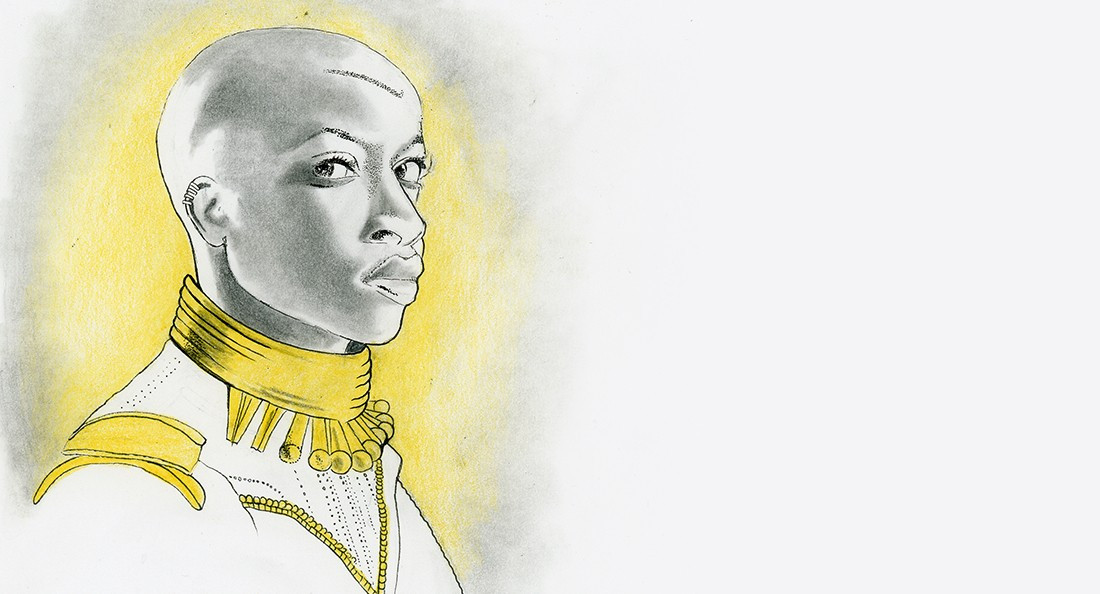Black Panther’s role in society
Movie showcases an important cultural moment
The recently released movie Black Panther attempts to demonstrate what it means to be African.
Director Ryan Coogler explains in an interview with Rolling Stone, “I think the question that I’m trying to ask and answer in Black Panther is, ‘What does (it) truly mean to be African?’”
Wakanda, the fictional African country in which the story takes place, boasts of wealth, independence and technological advancement.
“It’s uniquely its own thing, because there has never been a movie ever done regarding sci-fi for Black people tapping into Africa,” Ben Williams, the productions centre director at Winnipeg Film Group, says.
The movie is ripe with representations of African traditions. The outfits worn in Wakanda, the hairstyles, the fighting tools they possess and even the rituals that mark various stages in life celebrate African cultural practices.
“Black Panther is an important cultural moment, because it is the first mainstream superhero film to be written and directed by a Black director," and to feature a mostly Black cast, Candida Rifkind, associate professor of alternative comics, graphic narratives and Canadian literature at the University of Winnipeg, says.
Williams says he felt that the women were the most amazing fighters in the film.
“They looked straight up-badass … I had goosebumps and chills as a Black person, but even just as a lover of comics and a lover of sci-fi.”
The Black Panther women are dark-skinned and wear natural hairstyles or no hair at all. Rifkind emphasizes the importance of Coogler’s decision to have “a primarily dark-skinned Black cast with natural hairstyles that challenge white beauty standards.”
Black Panther first appeared in the world of comics in July 1966 as a character in The Fantastic Four.
“A series of writers have revised the character and filled in the world of Wakanda, bringing it up to date,” Rifkind says of the recent film release. She points out that some critics have argued that both the comics and the film portray an American view of Africa.
Brook Barnes, a New York Times reporter, writes that Black Panther’s financial success discredits the idea that movies rooted in Black culture cannot succeed globally.
Currently, the movie has garnered $1.079 billion USD worldwide. It has a rating of 92 per cent on Rotten Tomatoes and 7.8/10 on IMDb. As of March 18, Black Panther succeeded to remain No. 1 at the box office for the fifth week in a row - something that no other movie in the Marvel Cinematic Universe has accomplished.
“It's important that it has done so well at the box office, because this tells the studios that Afrocentric films with Black casts can make money and appeal to all kinds of audiences,” Rifkind says.
“It shows possibility,” Williams adds. “I think a lot of young people need to see that.”
“A lot of the media coverage has focused on the importance of this film to Black children, who finally have a set of heroes that includes strong and smart women who look like them,” Rifkind says.
“When I asked my students what they thought of it, the unanimous response was ‘awesome,’” she adds.
Published in Volume 72, Number 22 of The Uniter (March 22, 2018)







